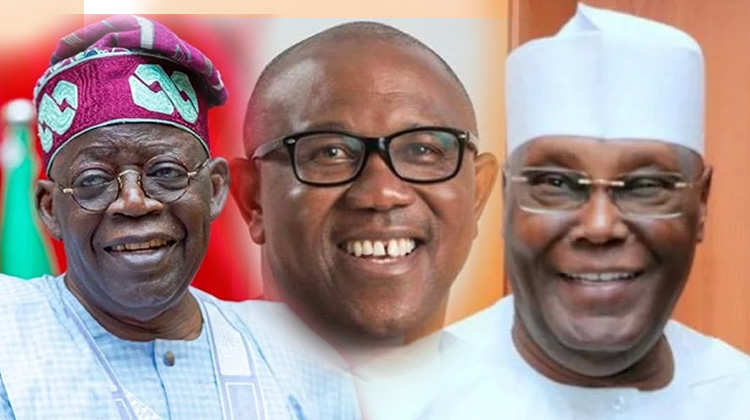Doyin Okupe, a former Director-General of the Peter Obi Presidential Campaign Organisation, has recently expressed his admiration for President Bola Tinubu’s handling of Nigeria’s economic challenges. During a conversation on Channels Television’s Politics Today, Okupe asserted that neither Peter Obi, who he once championed as the best candidate, nor Atiku Abubakar, the Peoples Democratic Party’s presidential candidate, could have managed the current economic situation as effectively as Tinubu. Reflecting on the recent political landscape, Okupe contended that while he expected Obi to excel in governance, it has become clear in hindsight that Tinubu possesses the necessary capabilities and courage to navigate Nigeria out of its economic turmoil.
Okupe clarified that his praise for Tinubu does not signify betrayal of Obi, emphasizing that political views can evolve over time based on experiences and new perspectives. He acknowledged that his earlier opinions were formulated under certain assumptions. However, his interactions with Tinubu, coupled with the President’s determination to revitalize the struggling economy, have led him to reconsider his stance. He noted that talk is often cheap in politics and criticized former candidates for insufficiently detailing their plans for economic recovery when they were in the running for office. Okupe insisted that despite his belief in Obi’s qualifications, it has become apparent that Tinubu is effectively addressing pressing national issues.
During the discussion, Okupe also addressed inquiries regarding his relationship with Atiku Abubakar. While he expressed no animosity toward Atiku, he challenged the former Vice President’s claims that he would achieve superior results in leadership had he been elected. Okupe stated unequivocally that he believes Atiku would not have outperformed Tinubu in managing the current economic crisis. He highlighted that the daunting pre-existing issues, including the long-standing fuel subsidy debate, presented an enormous challenge that none of the other candidates had the courage to tackle before Tinubu’s presidency.
In elucidating the complexities of Nigeria’s economic situation, Okupe referenced Atiku’s proposals for borrowing substantial amounts to expedite development. He raised concerns about the feasibility of such borrowing, particularly given Nigeria’s unfavorable position in the international lending market following the Buhari administration’s financial mismanagement, including the alleged printing of substantial amounts of money. He indicated that such circumstances required bold and innovative leadership—qualities he sees embodied in Tinubu.
Moreover, Okupe’s affirmation of Tinubu’s performance reflects a significant realignment of his political narrative. He acknowledges that political competition often leads to rapid shifts in perception as leaders confront unyielding realities. The apparent challenges Tinubu faces have tested and showcased his capabilities, drawing praise from observers, including those who once supported rival candidates. Taking into account the turbulence in governance and economy, Okupe’s endorsement indicates a broader recognition that effective leadership is crucial in times of crisis, regardless of past affiliations.
In conclusion, Doyin Okupe’s statements manifest a paradigm shift in Nigerian political discourse, demonstrating that the realities of governance can reshape perspectives. Through his insights, he advocates for support of Tinubu’s approach while acknowledging Obi’s past strengths as a candidate. This evolution of thought highlights the importance of recognizing effective leadership qualities in dealing with complex challenges and showcases the intricate dynamics of Nigerian politics—where allegiance can shift based on leaders’ responses to national dilemmas. As the country continues to grapple with economic uncertainties, Okupe’s remarks underscore a call for unity and recognition of capable leadership, regardless of past loyalties in an ever-changing political landscape.


